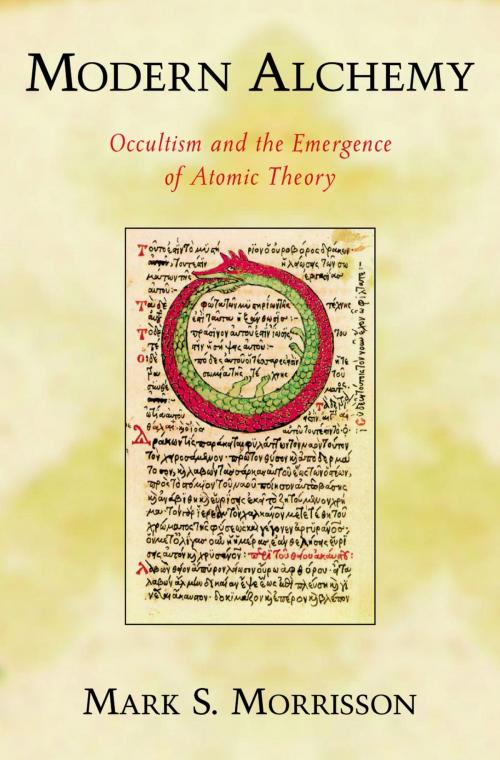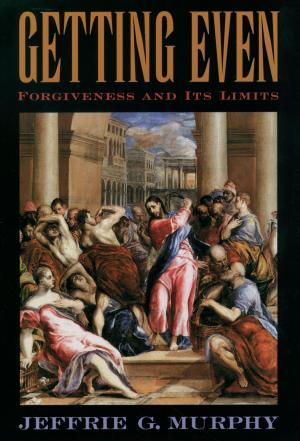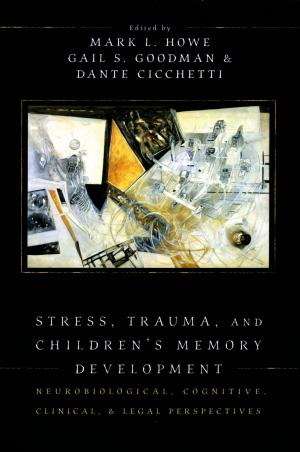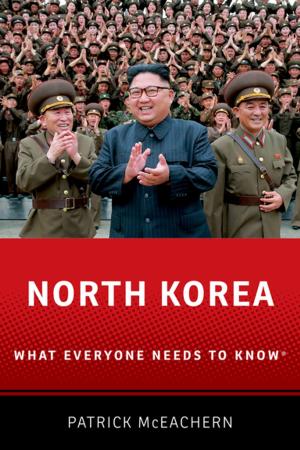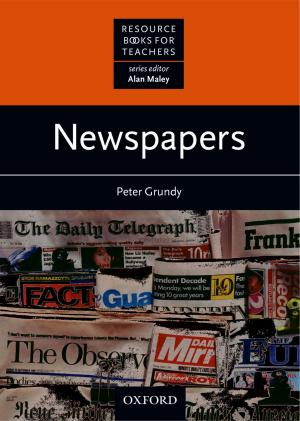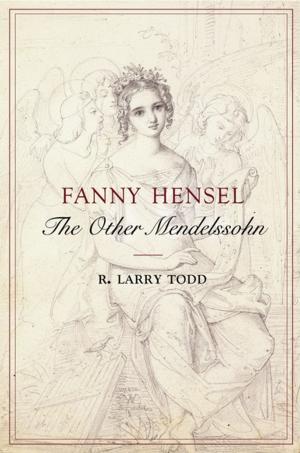Modern Alchemy
Occultism and the Emergence of Atomic Theory
Nonfiction, Religion & Spirituality, Occult, Occultism, Social & Cultural Studies, Political Science, Politics, History & Theory, New Age| Author: | Mark Morrisson | ISBN: | 9780190294496 |
| Publisher: | Oxford University Press | Publication: | April 19, 2007 |
| Imprint: | Oxford University Press | Language: | English |
| Author: | Mark Morrisson |
| ISBN: | 9780190294496 |
| Publisher: | Oxford University Press |
| Publication: | April 19, 2007 |
| Imprint: | Oxford University Press |
| Language: | English |
Alchemists are generally held to be the quirky forefathers of science, blending occultism with metaphysical pursuits. Although many were intelligent and well-intentioned thinkers, the oft-cited goals of alchemy paint these antiquated experiments as wizardry, not scientific investigation. Whether seeking to produce a miraculous panacea or struggling to transmute lead into gold, the alchemists radical goals held little relevance to consequent scientific pursuits. Thus, the temptation is to view the transition from alchemy to modern science as one that discarded fantastic ideas about philosophers stones and magic potions in exchange for modest yet steady results. It has been less noted, however, that the birth of atomic science actually coincided with an efflorescence of occultism and esoteric religion that attached deep significance to questions about the nature of matter and energy. Mark Morrisson challenges the widespread dismissal of alchemy as a largely insignificant historical footnote to science by prying into the revival of alchemy and its influence on the emerging subatomic sciences of the late 19th and early 20th centuries.Morrisson demonstrates its surprising influence on the emerging subatomic sciences of the late 19th and early 20th centuries. Specifically, Morrisson examines the resurfacing of occult circles during this time period and how their interest in alchemical tropes had a substantial and traceable impact upon the science of the day. Modern Alchemy chronicles several encounters between occult conceptions of alchemy and the new science, describing how academic chemists, inspired by the alchemy revival, attempted to transmute the elements; to make gold. Examining scientists publications, correspondence, talks, and laboratory notebooks as well as the writings of occultists, alchemical tomes, and science-fiction stories, he argues that during the birth of modern nuclear physics, the trajectories of science and occultism---so often considered antithetical---briefly merged.
Alchemists are generally held to be the quirky forefathers of science, blending occultism with metaphysical pursuits. Although many were intelligent and well-intentioned thinkers, the oft-cited goals of alchemy paint these antiquated experiments as wizardry, not scientific investigation. Whether seeking to produce a miraculous panacea or struggling to transmute lead into gold, the alchemists radical goals held little relevance to consequent scientific pursuits. Thus, the temptation is to view the transition from alchemy to modern science as one that discarded fantastic ideas about philosophers stones and magic potions in exchange for modest yet steady results. It has been less noted, however, that the birth of atomic science actually coincided with an efflorescence of occultism and esoteric religion that attached deep significance to questions about the nature of matter and energy. Mark Morrisson challenges the widespread dismissal of alchemy as a largely insignificant historical footnote to science by prying into the revival of alchemy and its influence on the emerging subatomic sciences of the late 19th and early 20th centuries.Morrisson demonstrates its surprising influence on the emerging subatomic sciences of the late 19th and early 20th centuries. Specifically, Morrisson examines the resurfacing of occult circles during this time period and how their interest in alchemical tropes had a substantial and traceable impact upon the science of the day. Modern Alchemy chronicles several encounters between occult conceptions of alchemy and the new science, describing how academic chemists, inspired by the alchemy revival, attempted to transmute the elements; to make gold. Examining scientists publications, correspondence, talks, and laboratory notebooks as well as the writings of occultists, alchemical tomes, and science-fiction stories, he argues that during the birth of modern nuclear physics, the trajectories of science and occultism---so often considered antithetical---briefly merged.
